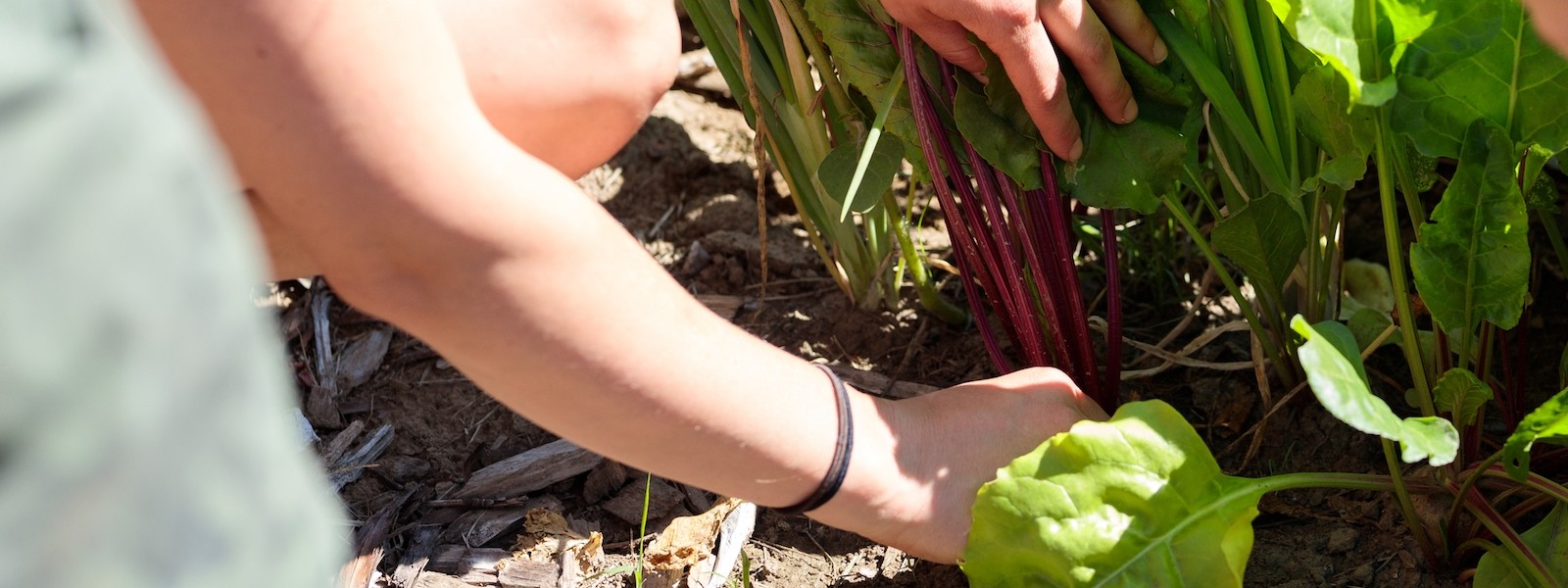Beneficial Insects
Have a problem with pests in your garden? Instead of immediately reaching for a pesticide, become better acquainted with natural life cycles and choose a beneficial insect to be on your team!
Beneficial insects are Mother Nature’s best allies in your garden. Pesticides make no distinction between helpful and harmful insects. Therefore, their use can have many negative impacts, including a loss the biodiversity in your garden that is actually protecting your crop.
Observe
Before immediately judging an insect in your garden as a pest, make sure you know what it is doing. Take the time to watch and observe. Then, do some research to find out what the bug is and which insects are its natural predators. Finally, employ natural allies.
Gardening with this much awareness and sensitivity to your landscape and natural cycles will bring many rewards to your garden and knowledge-base as a farmer. It is much easier to immediately turn to chemicals when you are having a “problem” in your garden. However, we encourage you to get to the root of the problem and use nature’s own wisdom to remedy.
Types
There are three main types of beneficial insects: pollinators, predators, and parasites. In a healthy, diversified garden or farming eco-system, all three types of beneficial insects will be working for you.
Pollinators, like honeybees, fertilize flowers which greatly increases the productivity of food crops. Without pollinators, we wouldn’t have such abundance in our gardens. Some pollinators, like hover flies, are also predators to potential pests in your garden.
Predators are the best organic pest control. These beneficial insects are used to strategically prey on damaging garden pests. Depending on the particular pest afflicting your crop, you will select a specific beneficial insect, one who naturally loves to eat the pest. Ladybugs can eat up to 5000 aphids in their short lifespan.
Parasites use pests as nurseries for their young. A parasitic wasp is known to parasitize over 200 species of common garden pests.
How to Attract and Keep Them
Using a strategy known as “farmscaping” you can keep your pest population in control and your beneficial population thriving by adding or keeping plants to your garden which attract beneficial insects. A good general rule of thumb is to designate 5-10% of your garden or farm space to plants that lure friend insects. Make sure to keep in mind that it is helpful to have blooms all season, giving insects food which will keep them working for you. You will also get the added benefit of beautiful flowers all season long.

